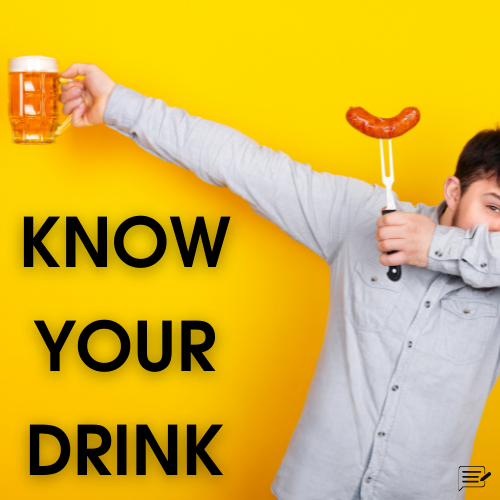The college lifestyle is often associated with late nights, parties and social events, most of which involve drinking alcohol – all part of the experience. Below we pose and answer a few main questions that are on everyone’s mind.
Am I drinking too much?
The UK alcohol guideline recommends drinking no more than 14 units a week on a regular basis. To put this into content, 14 units equals six pints of lager/beer/cider or 1 ½ bottles of wine or 350ml of spirits including gin, rum, vodka, whisky and tequila. It is important to remember that the number of standard drinks is based on both size and alcohol strength (alcohol by volume, %ABV). The higher the %ABV, the higher the standard drink content. Check your weekly unit consumption using this calculator.
Am I drinking too often?
Aim to spread your drinking over 3 or more days. One or two heavy drinking days a week can increase risks of accidents and injuries (tip: plan ahead to get home safely e.g. buddy system, pre-ordered taxi, designated driver). Risk of alcohol-related health problems (liver damage, cancers of the mouth, throat, oesophagus stomach, liver, breast and bowel, as well as high blood pressure, stroke, weakened heart muscles, irregular heartbeat and depression) increases the more often that you drink.
If you wish to cut down the amount you drink, a good way to help achieve this is:
Have several alcohol-free days each week
Limit the total amount of alcohol you drink on any single occasion
Drink slowly, with food and alternate every second drink with water
Is my drinking contributing to weight gain?
The recommended daily calorie intake for men is 2,500 calories (kcal) and women 2,000 kcal (this varies with age, weight, and activity levels). Alcohol has a high calorie content. Quite surprisingly to some, 1g of alcohol (7 kcal) provides almost as many calories as 1g of fat (9 kcal) and almost double that of 1g carbohydrate and protein (4 kcal). 1 unit of alcohol = 8g (10ml) of alcohol x 7 kcal/g = 56 kcal. Sugar, cream, fruit juice and other ingredients are often added into alcoholic drinks, further increasing the calorie and sugar content.
Alcohol lacks essential nutrients and vitamins, contributing ‘empty calories’ with no nutritional value or benefit. For example, six 500ml cans of cider/beer a week will add 1,260 kcal and 32 teaspoons of sugar, and a bottle of wine 564 kcal and 4.5 teaspoons of sugar to your intake. As well as this, alcohol is an appetite stimulant, which can lead to overeating at mealtimes and late-night dining in the local chipper, kebab or pizza joint.
Alcohol and exercise
Drinking too much can affect our performance. When it comes to fitness or weight loss goals, we are used to factoring in calories and sugar from food but often forget about alcohol. This could potentially limit the benefits of your efforts to maintain a healthy lifestyle. If you plan to drink, choose a lower %ABV or better still, try out 0.0% alcohol free options, and drink plenty of water to reduce fatigue and muscle cramping.
Alcohol and mental health
As alcohol is a depressant, the positive effects of exercising (improved mood and reduced stress) may be lost. Alcohol is often used to manage symptoms of anxiety and depression as it can help us feel relaxed and give a brief feeling of euphoria. However, these effects are short-lived and excessive drinking is likely to make those symptoms worse, leading to lead to low mood and anxiety, as well as hangover symptoms including headache and nausea. Depression and heavy drinking have a mutually reinforcing relationship with each increasing risk of the other. Managing your drinking and getting the right support are crucial to good mental health.
Did you know: 1 in 4 people will experience a mental health problem each year / One in ten people suffer from depression in the UK in any year [2].
How do I become more alcohol aware?
Track your drinking: Record what you drink for a few weeks to understand your drinking pattern and weekly unit intakes.
Try a dry month: A month away from alcohol is a great way to reassess your relationship with alcohol. ‘Sober October’ and ‘Dry January’ are good times to start (or stop) with others.
Give 0.0% a go: Most of the beer, wine and spirits are now available in an alcohol-free version. These have the great same great taste, with lower calories and sugar!
Ask for help: If you are worried about yourself or someone else’s drinking, talk it out. Your GP, local alcohol service, Relate and Alcohol Change UK are great places to start.


